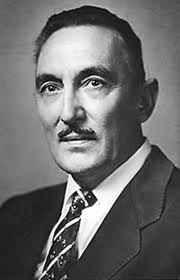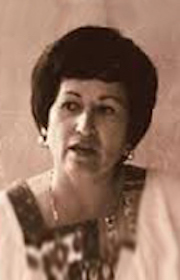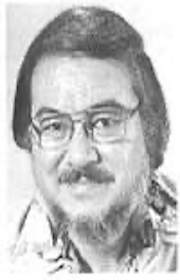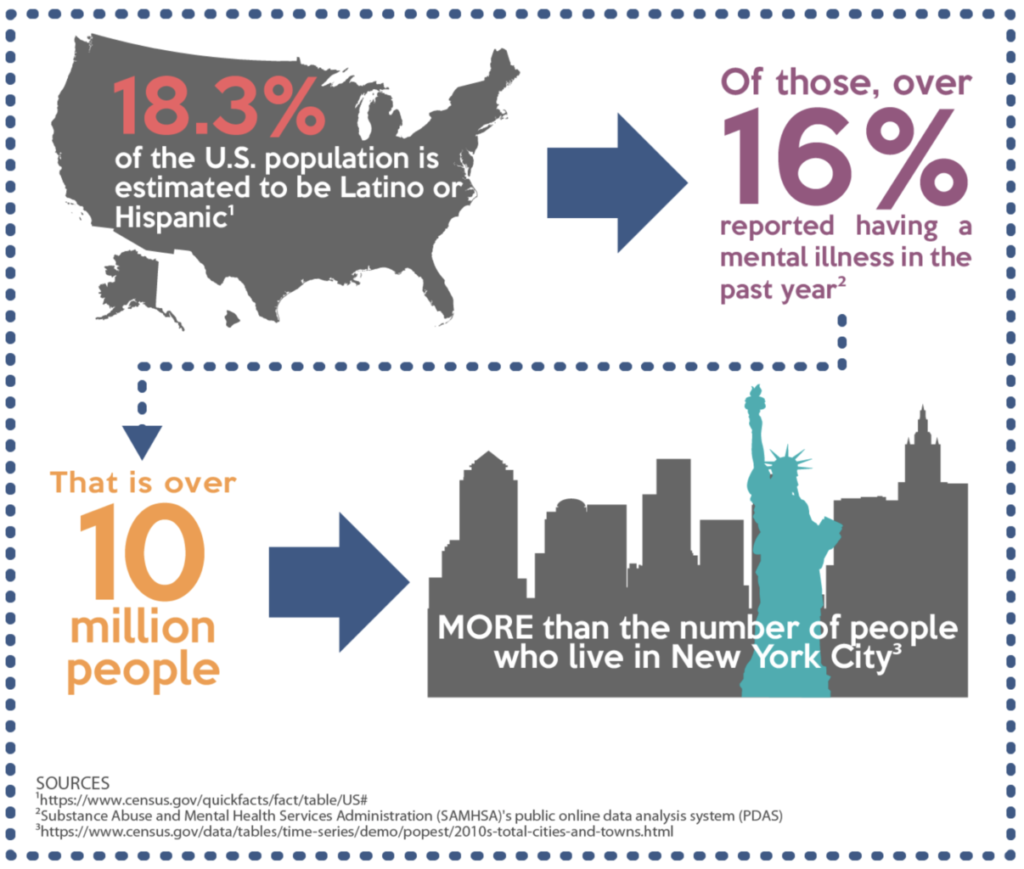September is Hispanic Heritage Month, where we recognize the contributions and influence of Hispanic Americans to the history, culture, and achievements of the United States. To celebrate, we are honoring Latino pioneers in mental health. The contributions of these men and women have changed psychology into a more inclusive practice. These pioneers’ work and commitment to their culture started the conversation about the mental health of Hispanics in the United States.


George I. Sanchez (1906-1972) was the founder of Mexican American educational psychology. He was an expert in mental measurements and argued that intelligence quotient (IQ) tests lacked validity when testing intelligence because Mexican American children did not have the same life experiences or English proficiency as their American peer. Among many honors he received posthumously, the National Education Association sponsored the George I. Sánchez Memorial Award to recognize him as the “father of the movement for quality education for Mexican-Americans.” He is still given much credit in regards to his methodical studies on bilingual education, which are still a basis of study in the current field.


Martha Bernal (1931-2001) was the first Latina to earn her doctoral degree in clinical psychology in the United States. Her work focused on increasing multicultural training in clinical and counseling psychology. She developed mechanisms used for measuring ethic identity and the development of ethnic identity among Mexican American children. Eventually she became known nationally for displaying how behavioral interventions for children operate and the intervention’s ability to operate overtime as well as for developing the Ethnic Identity Questionnaire. She helped establish the Board of Ethnic Minority Affairs in the American Psychology Association (APA) as the National Latinx Psychological Association (NLPA).


Rene A. Ruiz (1929–1982) helped establish the APA’s Committee for Equality of Opportunity in Psychology and was often called by the National Institute of Mental Health as a consultant on minority group mental health. He worked to increase the number of Hispanics in psychology and improve mental health services for minorities. Ruiz was an author of Latino Mental Health, a volume that became the first state-of-the-art review of the literature on Latino mental health. His research focused on various themes relevant to the Latino community, such as acculturation, issues of aging, and ethnic identity among children.
Hispanic Heritage Month celebrates the contributions of Hispanic pioneers and visionaries across every field. These are just a few of the many influential Hispanic psychologists who spent their lives advocating for better mental health for all Americans. At JFS, we are proud to honor the lives of these extraordinary people whose work has changed, and continues to change, the field of mental health.


